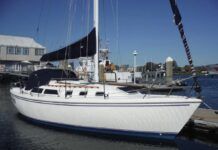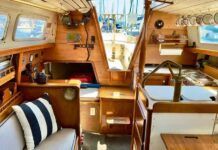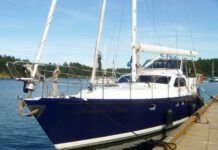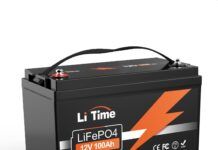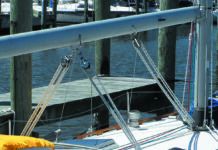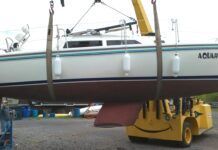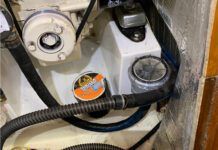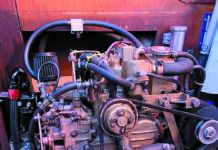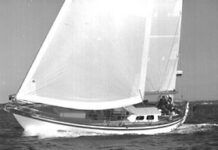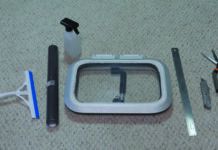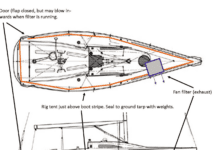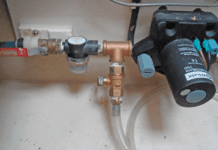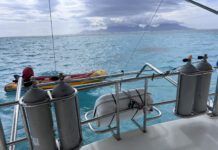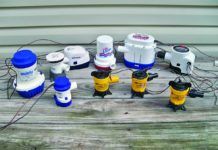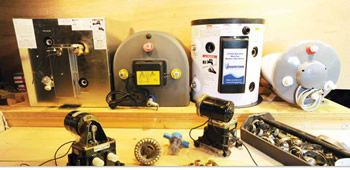Have you ever stopped and thought about how many boat heating options there are? It can be over-whelming even for the most experienced technical mechanic. And yes, there are a multitude of ways to extend the season and keep a cozy cabin, ranging from simple to complex. But how do choose the best heating option? You must consider many factors, when making this decision.
A definite correlation exists between the degree to which we are warm and dry, and the enjoyment of a sail, or a night at anchor. A damp and chilly environment may be exacerbated by a poorly insulated hull, leaks, and sweating. Sitting beneath a drippy port or headliner, or curling up in a damp bunk, make or break your sailing experience.
What should you consider about fuel types? Small electric heaters are handy for taking the chill off a boat in the morning, evaporating dew that may accumulate on the overhead when bodies sleep below, or on a chilly evening.
When your cold-weather travels extend beyond the marina, however, so do the requirements for a different system. Beyond the output of the heating system, a primary consideration is the capacity to carry fuel for the duration of a voyage, and the availability of fuel in destination ports. Generally, towing a barge loaded with crude oil is not a viable option. Thus, choices become diesel, kerosene, propane (LPG), natural gas (CNG), wood, coal, pellet fuel, alcohol, or charcoal. Of the options, diesel and kerosene are the most readily available. Propane is also easy to find. CNG is not. Good stove alcohol is available in chandleries, and is convenient if you’re already running an alcohol stove—but it’s not the fuel of choice for serious systems.
Whether you are just considering upgrading your heating system or you ready to start the project, start your research and sharpen you technical know-how by reading Nigel Calder’s comprehensive guide on how to maintain, and improve your boat’s essential systems. If it’s on a boat and it has screws, wires or moving parts, it’s covered in the Boat Owner’s Mechanical & Electrical Manual. When you dock or leave the deck with this book, you have at your fingertips the best and most comprehensive advice on technical reference and troubleshooting all aspects of your boat gear.


